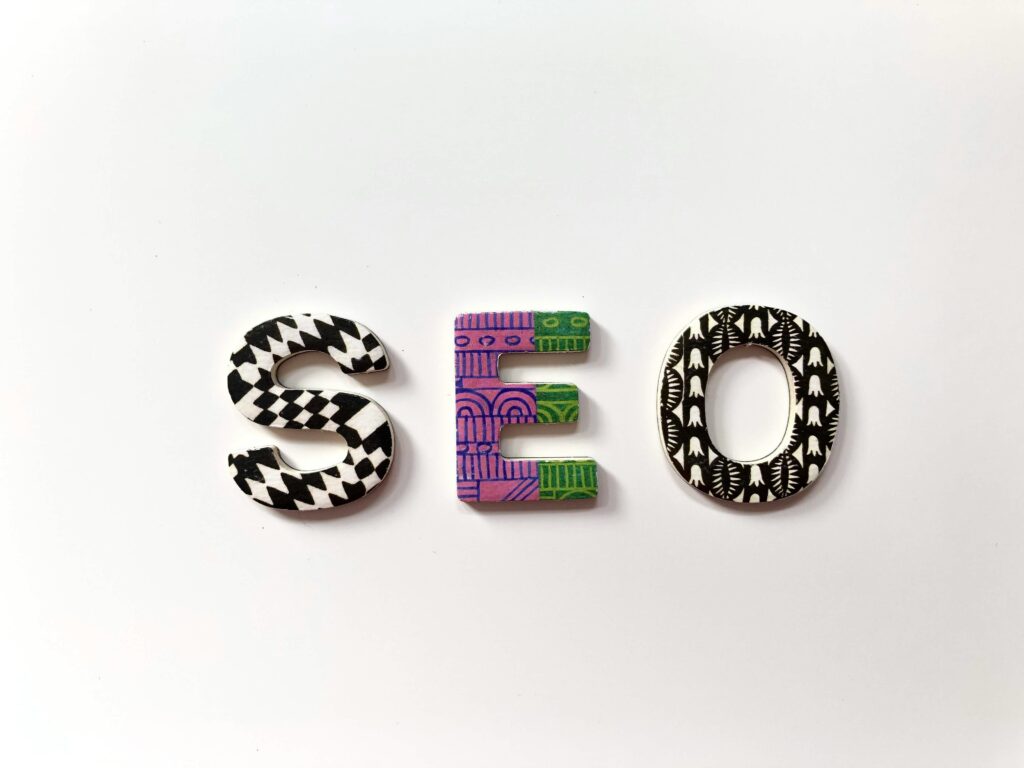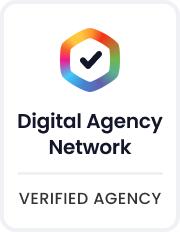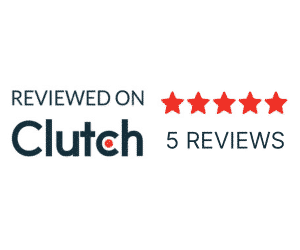When I started working for Dune7 in April of 2023, I was excited to begin working for an agency in the SEO field and ready to showcase some of the skills I had recently learned in my graduate program. Still, I was naturally a little unsure of my technological abilities and understanding of technical SEO. If you had told me a year ago that I’d be leading meetings discussing canonical tags, 404 errors, and Google’s most recent spam updates, I would have said you were crazy!
Fast forward over a year later, not only do I have a better grasp of all things Search Engine Optimization (SEO), but I also see the major impact that organic channels like SEO have on a brand’s overall marketing strategy.
SEO is not just about ranking first on Google (although that is certainly the holy grail). It’s about putting your customer first and creating valuable, helpful content that will have a sustainable impact on website traffic, customer relationships, user experience, and ultimately conversions.
Here are a couple of things that I learned along my journey working at an SEO agency.
1. Sustainability of Organic SEO vs. Paid Advertising

With the constant deluge of “sponsored” posts and paid ads that I see every day on social media and in my search results, it was easy for me to assume that paid was the only way to go. I previously thought of organic marketing as something that just kind of happened, as opposed to efforts that went into paid campaigns. I was wrong!
SEO & content marketing are not only cost-effective in the long run, but they also enhance your most important asset: your website. While paid marketing efforts can give you short-term gains of visibility and traffic (which there is a time and place for), SEO has long-term benefits such as improving user engagement and customer experience.
If you think about it, your website is the most important thing a company owns. If Instagram, TikTok, and LinkedIn all shut down tomorrow, all those paid efforts would be lost. Putting in the work for SEO takes some effort but has the potential for the greatest return on investment.
It’s certainly not something that just “happens” but instead is an intricate balancing act of making sure your content is up to date, you're monitoring your competitors, and your website performs technically at a high level.
2. The Power of Google

I knew Google was king, but I did not realize just how much it dictates the entire user journey. Google alone holds 83% of all desktop searches worldwide! We know people go to Google for search - but there’s so much that goes into actually getting your site to appear in search. Google has its own set of rules and guidelines on how you should create content and build your site, and they’re constantly updating this!
Rankings or traffic on the SEO side can never be guaranteed, even when you’re doing everything right. You can even tell Google exactly what page you want them to index and they still might pick a different page! This is why it is very important to track and analyze your website’s performance. This way you can see what’s working well, and improve on what’s not.
Optimization is a constant process and not simply something you can do once and forget about.
To do all this, you need at least a basic understanding of tools like Google Analytics, Google Search Console, Surfer SEO, Ahrefs, etc. It’s a lot!
3. Prevalence of Technical SEO
There is so much tech involved in SEO strategies that is going on behind the scenes. Beyond just creating your site and its content, there has to be continual monitoring of a website to make sure it can be properly browsed and consumed by both Google and your users. Search engine visibility is essential for ranking purposes.
You could have the best content in the world but if your page is taking 5+ seconds to load, users are going to click off of it before they see it. These kinds of optimizations are necessary for all SEO strategies.
Before a content strategy can even begin, all technical aspects such as website structure, mobile responsiveness, and page speed optimization need to be addressed. You think of marketing, especially content marketing, and assume you’re mostly dealing with words and blog posts. This is just the final stage!

A huge part of my job was dealing with site structure, site errors, making sure redirects actually redirect, and developing a technical vocabulary to relay all of this to a development team! I typically spend more time trying to fix website pages than actually creating the content for them. So if you think you can get away from the technical aspects of marketing by working in content marketing, you might be in for a surprise.
I even produced a big data study for Dune7 with some first-party data we were able to collect regarding travel predictions for the multi-day tour industry.
There was no getting away from numbers there!
My Excel sheet had so many (pivot) tables I could set Thanksgiving dinner on it. Even though it came out as a content piece, there were so many quantitative inputs that went into it beyond simply the writing.
4. The Importance of the Little Things
So many little things go into creating content that goes on behind the scenes. Things like keyword research, internal linking, and adding authorship, are all optimizations that have almost nothing to do with the copywriting itself.
Even just a link to an author’s LinkedIn profile on a piece of content can establish credibility for both your reader and search engine crawlers. The presence of an author, one that can be verified (potentially through a link to their bio or social media), informs readers that there is an actual person behind the article.
I had heard the term “keyword research” a lot but never realized just how much goes into it. Having the right number of keywords is a delicate balance. When creating a content strategy, the content calendar often revolves around keywords or topics.
It’s important though to not overstuff your content with unnecessary keywords. This leads to a poor user experience. Some keywords are good, but too many are bad. Nobody wants to read an article about the best time to hike the El Camino de Santiago that states “the best time to hike the El Camino de Santiago” in every other sentence. Just like with everything, it's about balance.
Although I previously believed link-building to be a small thing that just happens when you create content, in reality, it is an entire area of SEO in itself (off-page SEO). Whole campaigns are generated around link building and gaining authoritative backlinks. Gaining an authoritative backlink is when a site links from its site back to your content. The best way to do this is to ensure you have content that is worth linking to, but there are many ways to go about this. This process is time-consuming but can oftentimes offer incredible growth potential.
5. Agency Balancing Act
Coming out of graduate school, I wanted to work for an agency to have as much varied experience as I could get. Working for an agency means working across multiple clients and multiple projects. While this is certainly a positive, it can also be a bit overwhelming.

Juggling multiple clients and their projects can become confusing. You have to be very organized and able to prioritize. Being able to quickly adapt becomes one of your greatest attributes. This comes with dealing with clients and also managing projects that I may have felt unfamiliar with.
Each client has a unique way of working and distinct systems. Different tools are often necessary for each project, and no two projects are the same. At Dune7, even though our clients are within the same general industry, their offerings and needs vary significantly.
Wrapping it up
As I move on to my next chapter, my advice to anyone entering a similar role is to be open to every opportunity granted to them.
Want to sit in on this client call? Yes. Can you help with outreach? Yes. Are you able to create a graphic for the website? Yes.
The more you say “yes,” not only will more opportunities be granted to you, but you’ll also learn even more marketable skills and gain confidence through executing different tasks. I learned so many things in my current role that extend beyond simply SEO and organic marketing.
You can never know everything all at once but you can definitely know more than you did yesterday.



No comments.